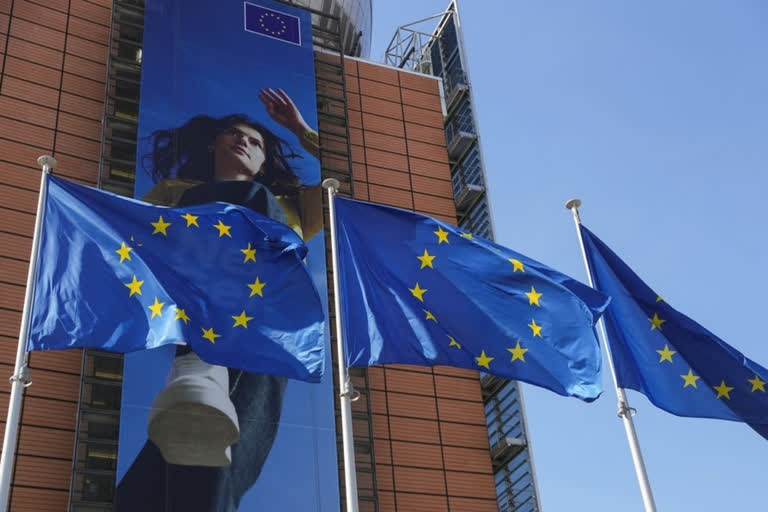Brussels: European Union ministers on Monday finalized a long-awaited deal to implement a natural gas price cap they hope will help households and businesses better weather excessive price surges. EU member countries failed to overcome their differences at previous emergency meetings, but several EU leaders said last week that fixing a maximum ceiling to pay for gas was likely to be achieved this time.
After talks in Brussels on Monday, the Czech presidency of the European Council, which represents member countries, said a deal had been reached. "We have succeeded in finding an important agreement that will shield citizens from skyrocketing energy prices," said Jozef Sikela, the Czech minister of Industry and Trade, adding that the mechanism will steer the 27-nation clear "from risks to security of supply and financial markets stability."
Since it could not find a consensus on the divisive topic, the Czech presidency opted for a "qualified majority" as the voting rule to reach the political agreement. Under EU rules, a qualified majority requires that 55% of member countries, or 15 out of the 27, vote in favor of a proposal. Such a vote also requires that those nations represent at least 65% of the bloc's population.
Under the agreement, the mechanism will kick off if prices exceed 180 euros ($190) per megawatt hour for three days and if it is 35 euros higher than a reference price for LNG on global markets for the same period. Once triggered, the mechanism will remain active for at least 20 days. Sikela said the 180 euros limit "is not a cap as such" and that prices can still go above this level if prices on the LNG markets are higher than 145 euros per megawatt hour.
"In other words, this is not a fixed cap, but rather a dynamic one," he said. The measure will apply from Feb. 15 next year once formally approved by written procedure. The EU's executive Commission last month proposed a "safety price ceiling" to kick in if natural gas exceeded 275 euros ($290) per megawatt hour for two weeks and if it is 58 euros higher than the price of liquefied natural gas on world markets.
Such a system might not have averted hikes as high as in August — when prices hit nearly 350 euros per megawatt hour on Europe's TTF benchmark but fell below 275 euros within days — and was met with derision by many countries including Spain, Belgium and Greece and Poland, pushing for a lower trigger. The 27 EU nations have stuck together through nine rounds of sanctions against Russia over the war in Ukraine and energy-saving measures to avoid shortages of the fuel used to generate electricity, heat homes and power factories.
